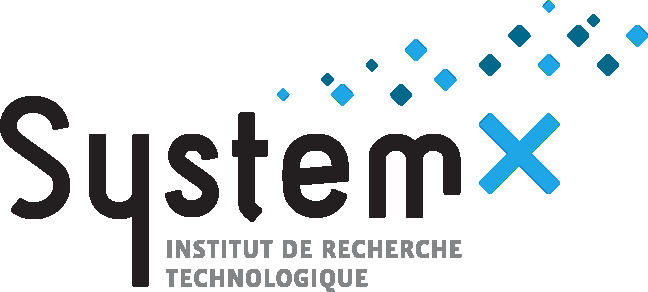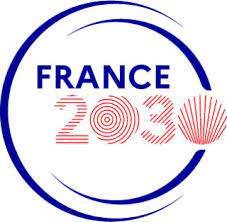A probabilistic digital twin model for inland waterway transportation systems using Bayesian networks
Résumé
Resilience-centric Smart, Green, Networked EU Inland Waterways (ReNEW) is a Horizons Europe project that aims to address IWT systems' dynamicity, heterogeneity, and complexity as well as to develop strategies for making IWT systems smarter, greener, more sustainable, and climate-resilient. A Digital Twin (DT) is a powerful tool for modelling the complexity and interdependencies of complex systems, such as IWT systems. Data in digital twins can be represented by knowledge graphs (KG), which efficiently store information in a structured way and capture the complexity of the real world. Ontology-based knowledge graphs capture all entities within IWT systems hierarchically, allowing humans and machines to easily interpret and analyse the data. This paper introduces the concept of creating a probabilistic digital twin using Bayesian networks to account for uncertainty and forecast how the IWT system will respond to predicted and unexpected events. A Bayesian Network is a probabilistic graphical representation that combines expert belief alongside sensor data to model the relationship between the system’s entities. As the evidence changes, the model is updated to provide more accurate results. Risk and safety analyses are then performed to assess the reliability of IWT infrastructure.
| Origine | Fichiers produits par l'(les) auteur(s) |
|---|

